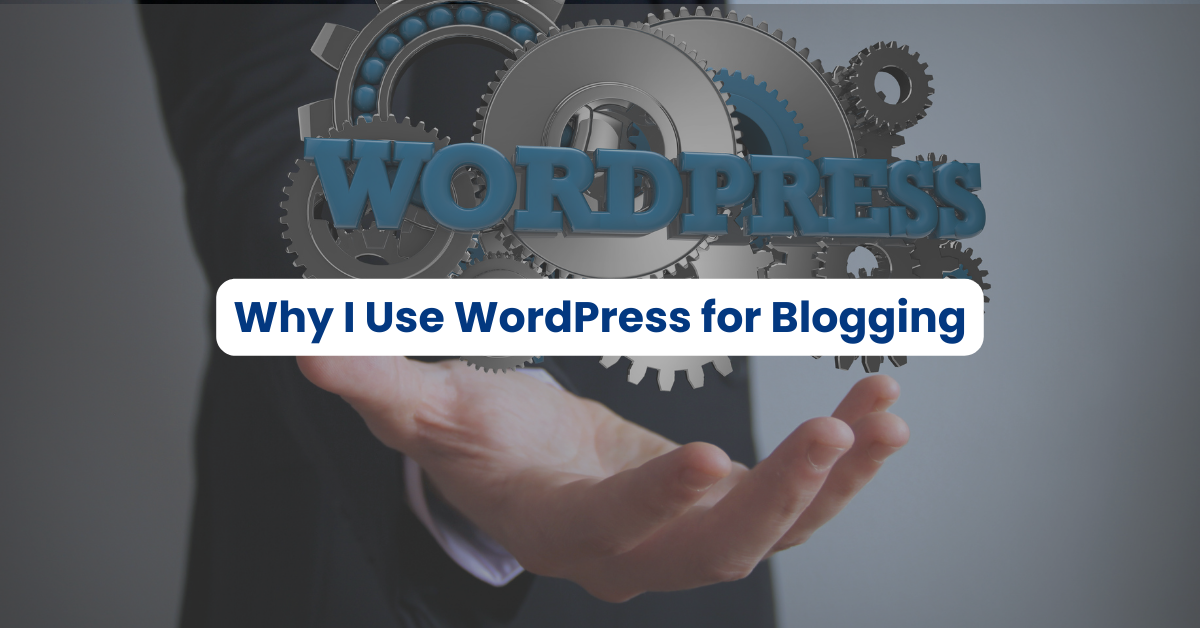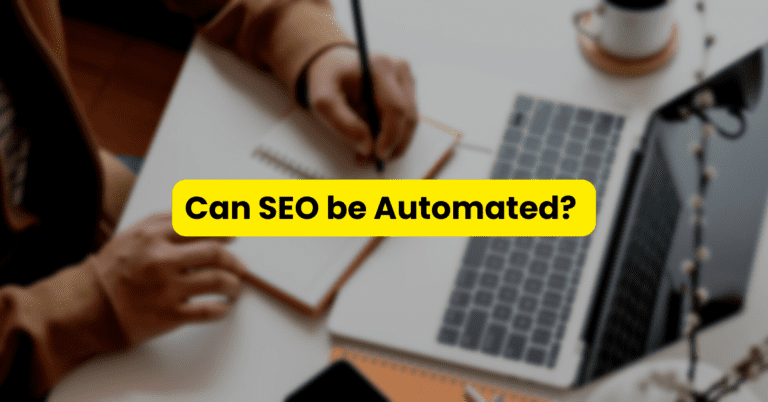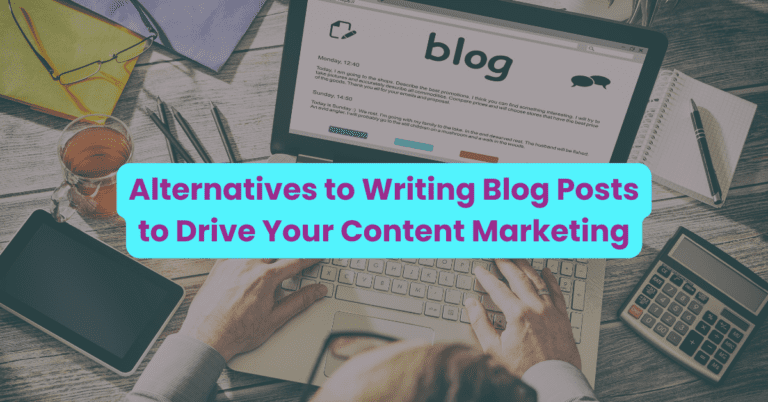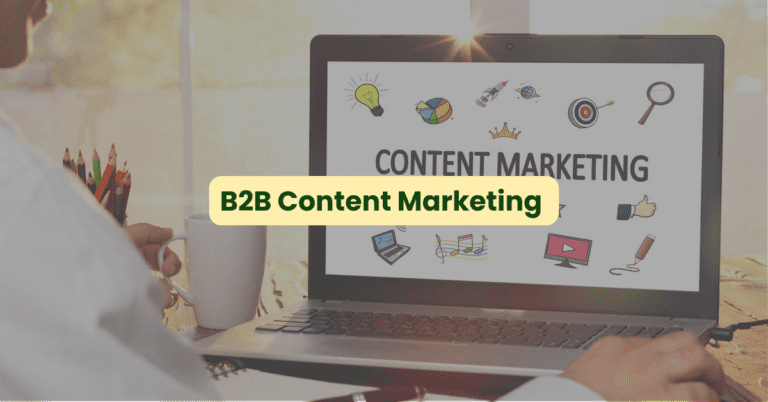Should you use WordPress or not?
This is, quite literally, the million-dollar question.
The right blogging platform has the potential to earn you passive income, turn into a strong business, or make you internet famous.
Choosing the right blogging platform is like setting up the foundation of your home. If you don’t set a strong foundation built for growth, you can’t add more stories or expand. And if you want to, you’d need to hire a structural engineer to assess your foundation and spend a great deal of money to fix it.
Similarly, you want to build your blog on a software or platform that you’ll use for LIFE. You also want your blogging software to support any expansion or complete pivots into something new.
So why do I firmly stand by WordPress as the ultimate choice for bloggers?
It’s all laid out here for you based on my personal and professional experience. Let’s get started.
1. You Have Ultimate Control
Story time.
I worked for a small business where the owner handed over the building of their website to a web design agency.
We originally asked them to create our site using WordPress. But they insisted that they make it using PHP. (Which is what WordPress is built off, but they’d code the site from scratch for us. )
We didn’t know enough to argue and went with their PHP-coded site. Now, onto the problem.
Every time we needed a tiny change, we had to make a request for it. We had to wait for them to respond, make the change, get our approval, and then close the request. This happened every single time we needed to change some text, correct some grammar issues, or choose another color or image.
But the real issue was this – they also hosted the website on their own server. And the designer could ‘turn off’ our website for any reason.
At the start of the design process, they cooperated and made the many changes we asked for. But after a few weeks, they refused to make any more changes.
They wanted us to sign an agreement where we paid them ‘maintenance‘ to continue to edit our site and keep it live. And when we didn’t immediately agree, they stopped our site from being live.
So, if you take the trouble to learn WordPress, this doesn’t have to be an issue. You can simply go to any hosting site, buy a hosting package, get a free domain name, and install your WordPress site with one click. You have control and autonomy.
You control your hosting password and name. You control your WordPress credentials. You can change text, backgrounds, colors, themes, plugins, and more a million times a day if you like.
You never have your website hostage by a developer or agency. And you can avoid paying maintenance or other absurd fees for the privilege of keeping something you own live.
The Cons of Complete Control: The truth is that knowing the basics of WordPress does not mean you’ll build a functional site. You will need an expert WordPress designer to refine your site and make specific changes. BUT, ultimately, no one outside of yourself will control your blog.
2. It’s All About Content
WordPress is a Content Management System (CMS).
The focus is on content – whether it’s through blog posts, videos, podcasts, downloadables, gated member content, or something else.
Once you set up your home page, contact page, blog page, and the basics, you don’t need to make any more adjustments.
You can focus on blogging and content only.
All you have to do is go to your WordPress dashboard and choose to Add a New Post. You write your blog content, hit publish, and your blog page is updated with your latest news, article, or content.
And this is all you want to focus on when you run a blog. You let your content do the work of driving traffic, engagement, and organic growth.
WordPress just makes it easy to manage a large quantity of content. You can publish thousands of posts without having to set up each post from scratch. So, choose WordPress and focus on blogging and nothing else.
3. Expand into Anything
Your blog is not limited to text and images. You can expand into anything with WordPress.
Do you want to create an online store? Use a plugin like WooCommerce.
Do you want to sell courses or digital products? Use plugins like LearnDash or Easy Digital Downloads.
You can even sell memberships and subscriptions using plugins like MemberPress or Restrict Content Pro.
The possibilities are endless with WordPress. And the best part is you can do it all within one platform without having to switch between different software or platforms.
Now, this is NOT the case with other platforms that claim to offer everything in one. They often come with limitations, high fees, and frustrating user experiences. Especially if they’re ‘no-code’ platforms.
Platforms like Webflow, Squarespace, or Wix might seem attractive at first, but as you grow and expand, they quickly become limiting and costly. And the other problem is that you will not find as many options for plugins, integrations, or support as you will with WordPress.
No matter what the other web-building platforms claim, only WordPress offers flexibility and scalability without extensive coding. Meaning you can build it into anything you want with learning and effort.
4. Convenient Solutions via Plugins and Themes
WordPress powers millions of websites. And it has millions of supporting volunteers, businesses, and experts who create plugins and themes to expand the functionality of WordPress sites.
This means that no matter your problem or need, there’s a free or paid tool to cover it.
- There are SEO plugins to handle technical and on-page optimization so your website ranks on Google.
- Share content from your site to social media with social sharing plugins.
- Give your blog extra security with security plugins.
- Give other people permission to access limited areas of your blog with user management plugins.
- Sell digital products online.
- Create online courses and create a classroom experience with LMS plugins.
- Leverage the many tie-ins and set ups where hosting platforms enable you to launch your WordPress site when you buy from them.
I can go on.
There are an endless number of things you can do with your WordPress blog if you want to change it for any reason. If you find that your audience wants more value, you can offer it through online courses, online events, or downloadable products.
Or you could start selling physical products with an eCommerce tool.
Other platforms will always have limitations. But you can rely on WordPress and its supporting plugins and themes to achieve anything you need.
5. Get Found on Google Easily
There’s a lot of set up to make sure that your content ranks on Google.
You have technical optimization, on-page optimization, content strategy and creation, link building and outreach, website performance optimization, conversion rate optimization, etc.
You want your site to be as Google-friendly as possible, especially your blog posts.
And WordPress is just built that way.
You don’t have to go through extra hoops to make sure your site is indexable or has issues that will prevent it from being a top result for a search.
WordPress has user-friendliness and SEO-friendliness covered. You go and focus on making content.
7. The WordPress Community is Millions Strong
The reality is that it’s safer to go with the crowd.
And with the millions of websites and people invested in WordPress, it’s unlikely that it will stop getting updates or support anytime soon.
There will always be new features, integrations, and improvements that come from the thousands of WordPress users and developers who contribute to the platform.
Whole businesses exist based on the WordPress platform. In short, too many people depend on WordPress for it to fail anytime soon.
This leads me to the next point that you should consider before launching your blog.
8. It’s Affordable (Actually Free)
WordPress is open-source, which means it’s free to use and modify by anyone.
If you’re starting or growing a business, this is an enormous plus! You don’t have to spend hundreds or thousands of dollars on a website builder, developer, or expensive subscriptions.
You can create your blog for free and only invest in premium plugins or themes when you need them.
You can also develop the site yourself if you have the time and motivation to do so. And even if you decide to hire a developer, because WordPress is so widely used, it’s easy to find affordable and experienced developers to work on your site.
9. Hire Someone to Help
The truth is that I can’t handle building a blog on WordPress on my own. Not when I want to make it look professional.
But I can hire people to fix it just the way I want.
I’ve hired multiple talented people from Upwork to help build my blog. And I still work with one of them closely to this day off the platform.
You will find thousands of WordPress designers and developers to support you as you build your blog. And they work at different rates. There’s likely someone locally available in your town. Or someone you can hire for a cheaper rate on the other side of the world.
It’s just manageable and easy to find help to make the blog of your dreams with WordPress since it has such a high number of users.
Why You Don’t Want to Choose WordPress
I will strongly argue that WordPress is your best option. But I will also admit that it’s imperfect.
Here are some reasons why you don’t want to use WordPress for blogging:
- There’s a learning curve. It’s getting easier and easier to use WordPress, but there are some technical aspects you need to grasp.
- Don’t use WordPress if all you want is a basic site. If you really don’t care about creating added value, then WordPress is beyond what you need.
- It can get expensive when you want to use good tools, themes, and plugins.
- You need to be willing to learn how things work and troubleshoot issues if they arise.
Despite these downsides, the benefits of using WordPress for your blog far outweigh the negatives.
Conclusion
I will admit that WordPress comes with headaches.
But what you should know is that it’s a LOT worse when you don’t use it.
Any serious blogger, writer, seller, or business owner who wants to control their site and focus on content are better off with WordPress.
You can stick to that one platform and you’re set for life. So, give WordPress a try today!







